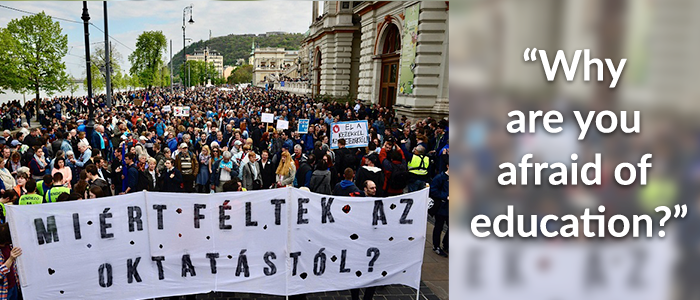Co-creation workshop on the gender dimension in Research and Innovation
Wednesday, July 21st and Thursday, July 22nd the consortium of the TARGET project in which NOTUS is involved, organized an online co-creation workshop on the gender dimension in Research and Innovation. TARGET’s workshop was focused on the problems such as resistance to gender studies and gender perspective in the research and teaching contents and on gender in curricula in STEM (science, technology, engineering, mathematics) field, as several of the TARGET partner institutions faced difficulties in this context. The aims of this workshop were the following ones: discussing possible ways of supporting the integration of the gender dimension in research content and in curricula; discussing possibilities on how to deal with anti-gender movements in society as a research performing organisation (RPO) or a research funding organisation (RFO); discussing how RPOs and RFOs in the STEM fields could consider the gender dimension in research, curricula, and teaching. There are three important contexts while discussing gender dimension in research: the growing anti-gender movements, a big gender imbalance in the STEM disciplines where women are very poorly represented, and the role of the research funding organisations.
In the first day of the workshop, the invited speakers were Andrea Pető, professor in the department of gender studies at Central European University, and Renate Dworczak, professor for Chemistry at the Karl Franzens University. Prof. Pető presented her works on neo-Nazi and anti-feminist Hungarian movements, which allowed to create a a new theoretical framework, the Polypore state. It refers to a new form of governance: parallel institutions, security narratives, privileging family over women’s rights (familialism). Prof. Dworczak touched upon on how to get the involvement of neutral people or bystanders when it comes to including gender in research. According to her incentives and rewards are needed, but they should be tailored to the organizational and people characteristics. In the second part of the day, the cases of TARGET’s partners ARACIS (Romania) and ELIAMEP (Greece) were discussed, with valuable feedback from Prof. Pető and Prof. Dworczak. The discussion hinged around creating a new evaluation methodology criterion in order to foster the introduction of gender in the universities’ curricula and around how to convince and motivate senior researchers to engage with gender in their research.
In the second day of the workshop invited speakers were Sabine Köszegi, full professor for Labour Science and Organization at the Technical University Vienna, and Jennie C. Stephens, professor at the Northeastern University in Boston. Prof. Köszegi reflected on gendered organizations, gendering processes, and improving gender competences through identity reflection. Prof. Stephens advocated for a diversification of leadership that put antiracist and feminist priorities in the centre in order to address the climate crisis. In the second part of the day, two cases of the TARGET’s partner RMEI were discussed: Aristotle University of Thessaloniki (Greece) and École Centrale Marseille (France). In the first case it was stressed the necessity to talk about gender equality not only as women’s issue but a human issue which affects us all and to link gender equality to the sustainable development goals. In the case of École Centrale, it was stressed that numbers are not enough and courses about ethic and management need to be improved in order to include gender not only in curricula but also in teaching and scientific counsel.



Comments are closed.